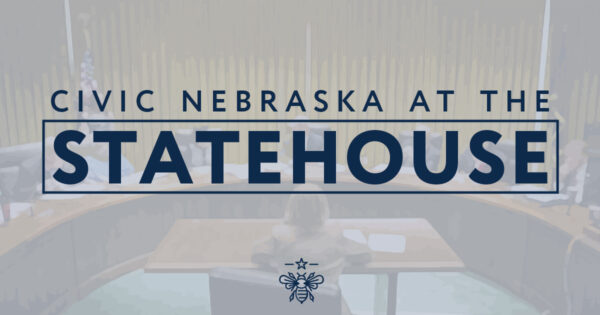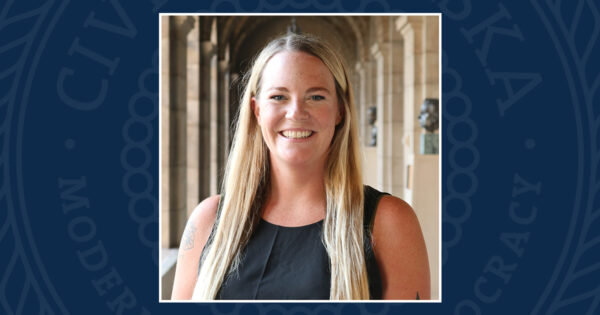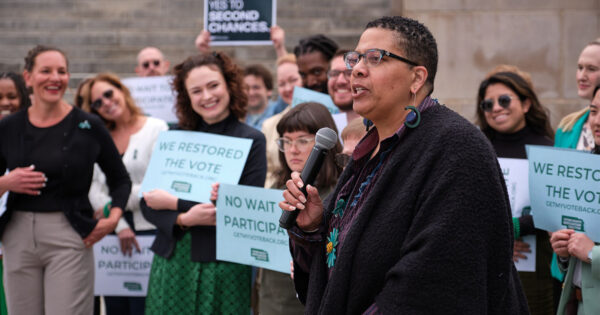Spend time listening to any holiday channel this time of year and chances are good that you’ll catch a rendition of “The Twelve Days of Christmas“– that hard-to-master, ever-growing snowball of a Christmas carol highlighting the days between Dec. 25 and the Feast of the Epiphany on Jan. 6. Legend has it the period reflects the time it took for the Magi (otherwise known as the three wise men) to reach Bethlehem after receiving word of Jesus’ birth. Rather than debating whether to open presents on Christmas Eve or Christmas morning, some Christians honor this stretch of time by giving gifts on each of the days, with each day representing a wish for a corresponding month of the New Year.
That’s a lovely, generous, and optimistic ritual – and it got us thinking: What would a “Twelve Days of Democracy” look like? It’s no secret that around the nation and the globe, autocrats are currently pushing on the perimeter of our democratic norms and ideals, looking for weak spots, which means it’s up to all of us – the citizenry – to ensure our security against such anti-democratic forces. Given that this period runs across the end of one calendar year and the beginning of the next, it’s an excellent time to build up our democratic muscles, either in through specific actions or resolving to do our part to protect our way of life in 2024.
Let’s celebrate twelve days of democracy, shall we?
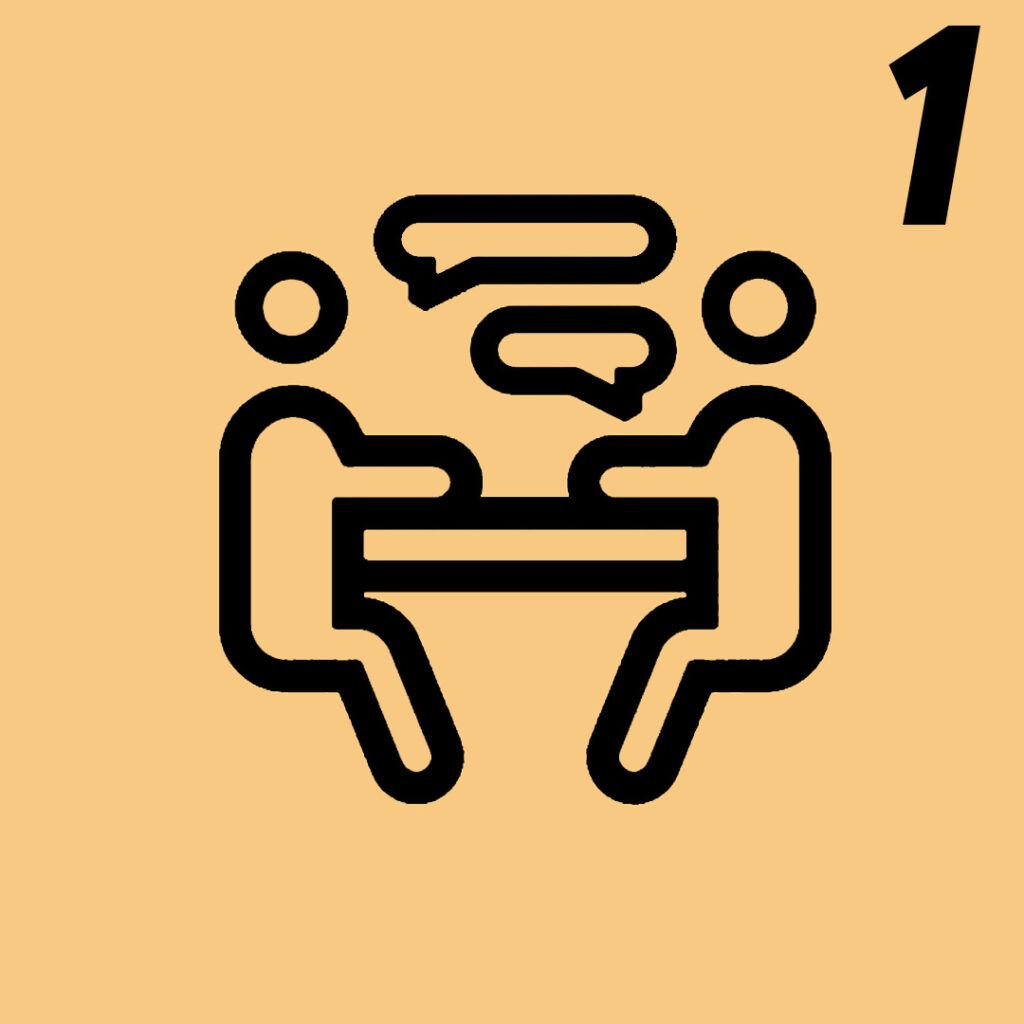
Have a conversation today with someone who has a different story, background, or beliefs as you. Make a point to listen more than you share.
Democracy begins in conversation. It is forged in our discourse, sustained through our discussions, and advanced by honest dialogue and the exchange of our ideas and opinions. Our civil society is not judged by how neatly we agree. It is judged by how we can disagree so passionately and so personally – and yet, despite it all, still carry out this great American experiment together.
It’s essential for us to actively listen to the diverse voices within our nation. Democracy flourishes when we attend to the concerns and perspectives of others, transcending personal biases and fostering a sense of shared understanding.
More:
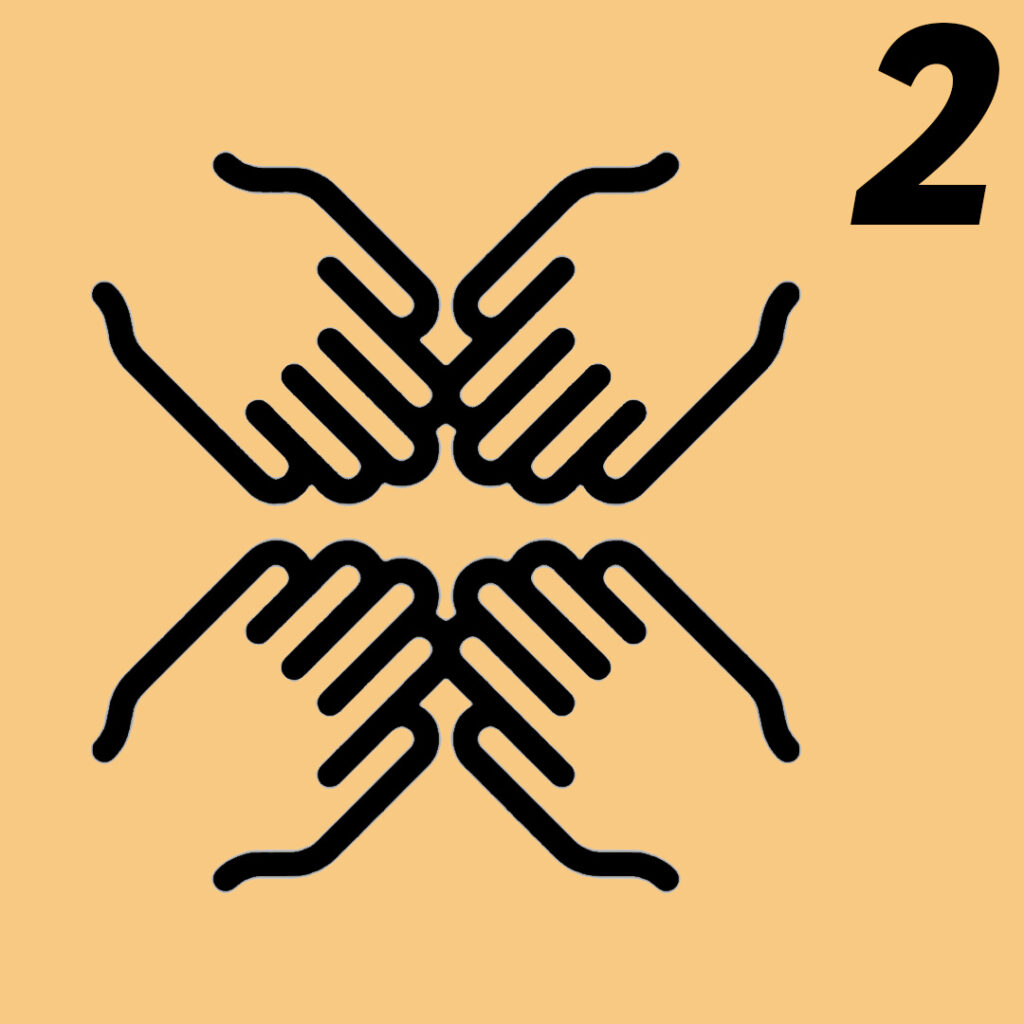
Research and commit to joining a new club, group, association, or board starting in 2024.
By forming associations, we Americans create bottom-up ways of governing ourselves. When Alexis de Tocqueville visited the U.S. in the 19th century, he wrote, “Of all countries in the world, America has taken greatest advantage of association and has applied this powerful means of action to the greatest variety of objectives.” No one is an island – banding together is good for democracy and good for individuals.
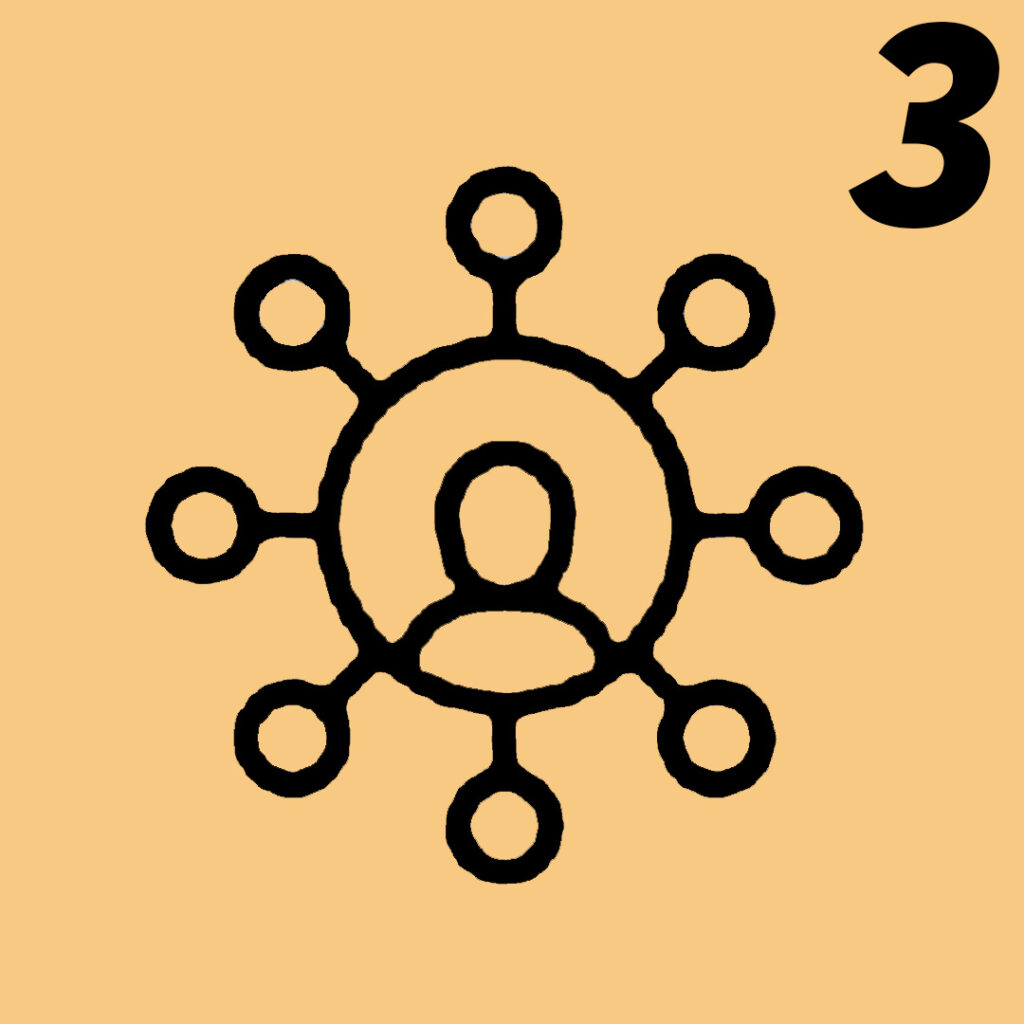
Bring together a group of friends to build power for an issue you care about.
Groups don’t need to be formal to have an impact on the community. There’s no limit to what dedicated groups of friends, family, and neighbors can accomplish when they dedicate their heads, hands, and hearts to a cause. That’s because civic power is limitless; it compounds and is easily recirculated.
Today, consider a local project or cause that you know others in your immediate circles can get behind – beautifying a nearby park, establishing a Little Free Pantry, cleaning up a senior neighbor’s property, or even bigger and more audacious projects like gathering to write letters to the editor or to testify before the City Council, County Board, or Legislature. Whatever your cause may be, building civic power is better with friends.
More:
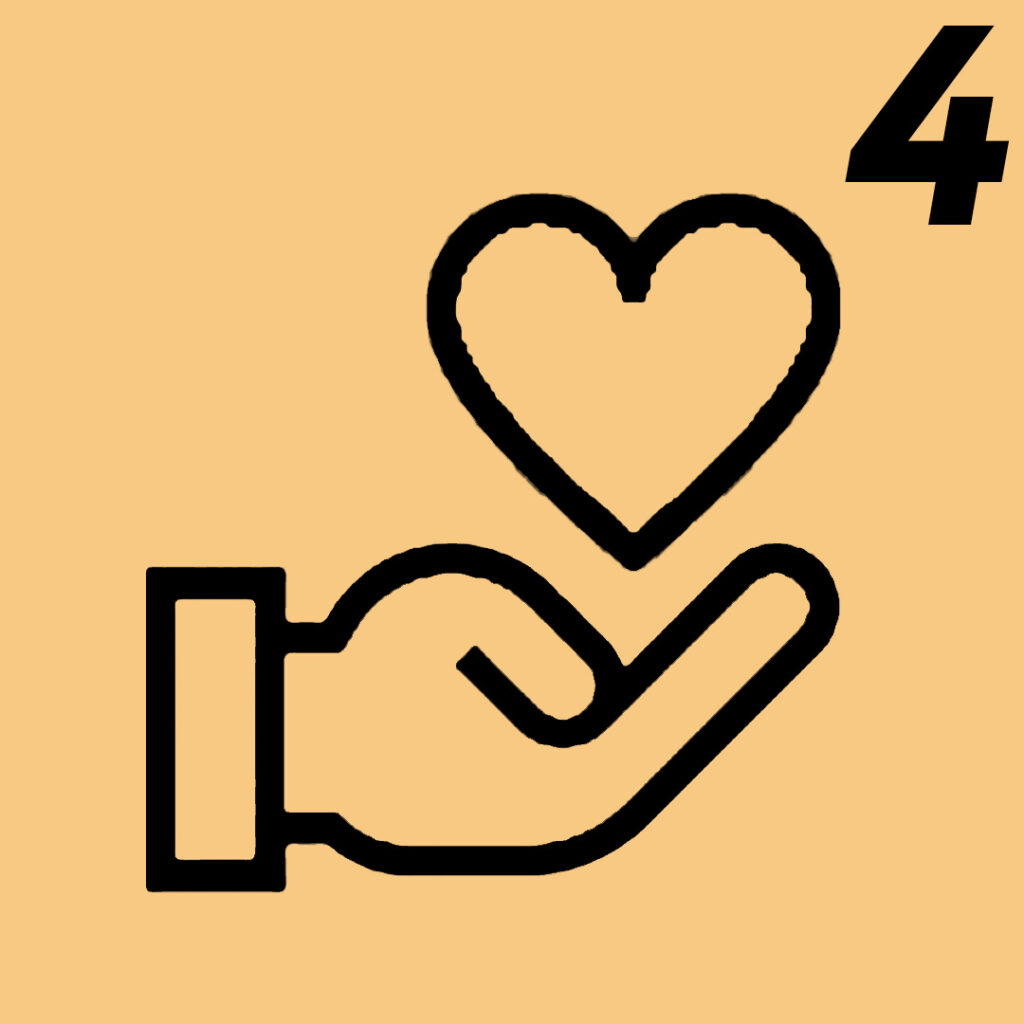
Pick an organization that makes a difference on issues that matter to you. Support them with your engagement, through volunteering, and if possible, financially.
Nebraska has more than 14,000 nonprofit organizations. These nonprofits offer a range of services: From food to health care; from housing to civil, legal, and voting rights; from access to education and literacy to jobs. Nonprofits fill gaps that not all individuals and families can meet on their own and that our publicly sponsored social safety net doesn’t catch. Furthermore, they help us live up to our “collective character” – they help us fulfill our shared responsibility. They help connect us to our moral core. Your support, whether sharing their messages, volunteering, or regularly donating to their programs, fulfills a key role in our democracy and is a building block of the common good.
More:

Engage in robust debate on the matters that matter. It’s literally in our American DNA.
America began as an argument. From the Founding to today, our American identity is rooted in debate, discourse, and discussion. The very process of never-ending argument is what bolsters democracy. Too often, arguments become fights, and that damages us – and ultimately, our country. Spend some time learning the art of civil discourse, and, starting today, bring those tenets into your daily interactions.
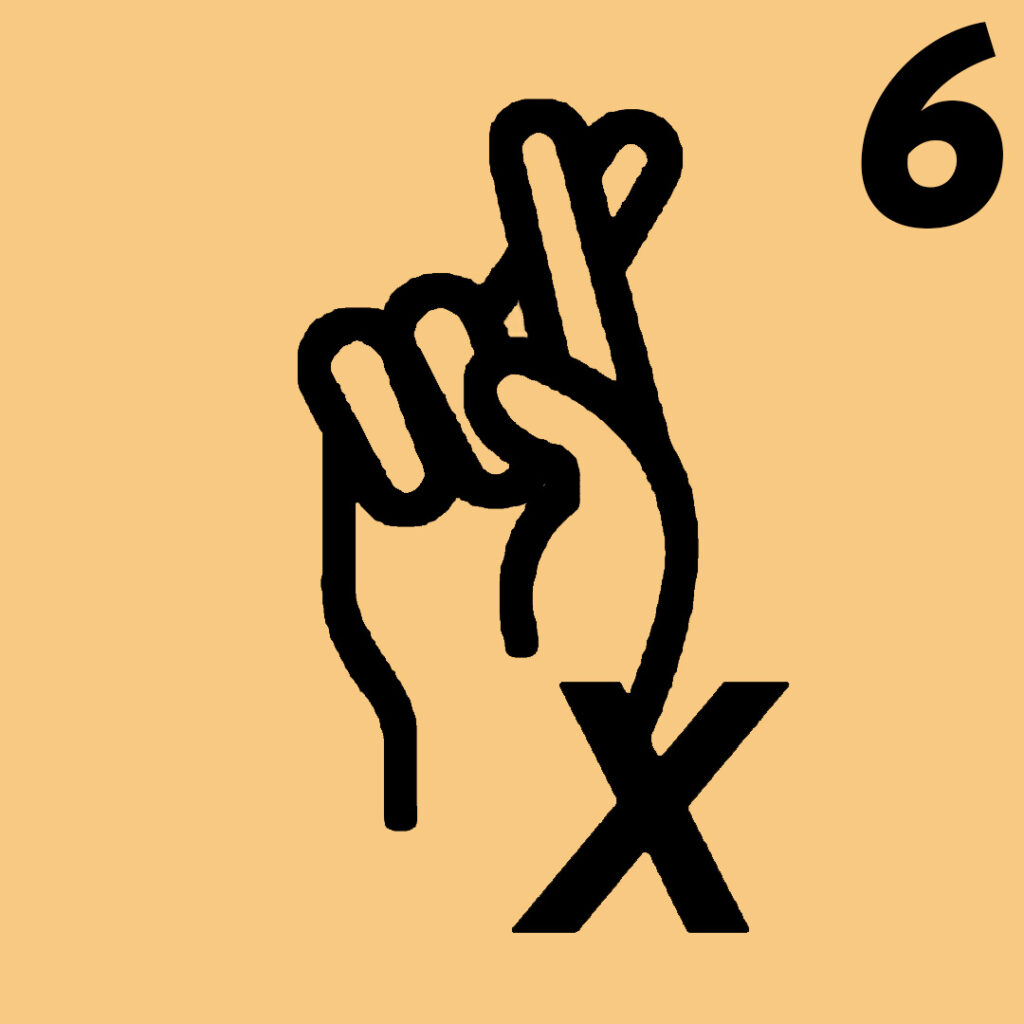
Normalize truth-telling. Call out deliberate untruths when you see them, whatever the forum, platform, or environment.
Democracy requires shared facts to work. Passively consuming untruths make us feeble pawns of manipulative, anti-democratic forces. As Americans, we must vigorously push back against untruths in every form and reject the public lies that have given way to the ease of illogic. It is not just difficult to be democratic citizens by avoiding hard truths while choosing only to weaponize lies that reinforce our ideologies. It is impossible.
Truth is independent of political belief – which is why democracy compels us all to be vigilant in support of it.
More:
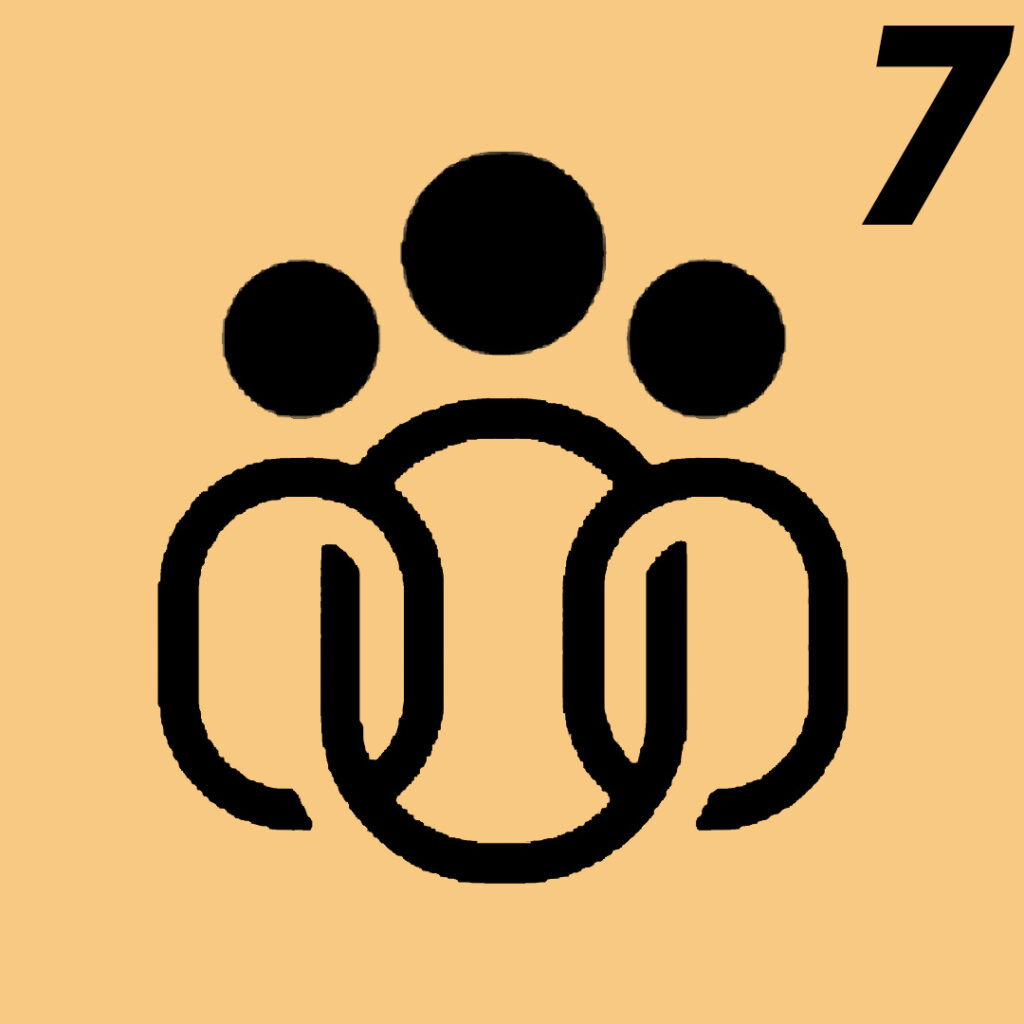
Share a book, blog post, video, work of art, etc., whose creator comes from a different perspective or from a traditionally underrepresented group.
Truly representative democracy happens when all voices, taken together, are heard. And that can only happen if all of us, regardless of station or background, can tell our stories and express ourselves. Having a greater voice leads to more influence, a real ability to hold our officials and institutions accountable, the power to guide more inclusive priorities, and build a consensus around tackling the big issues of the day. Adding as many voices as possible to the existing debate opens the opportunity for new realities and new possibilities.
All humans desire to be heard and understood. When everyone’s words and experiences are acknowledged, we feel respected and trusted. This leads to respect and trust – and that leads to cooperation, consensus, and mutual concern.
More:
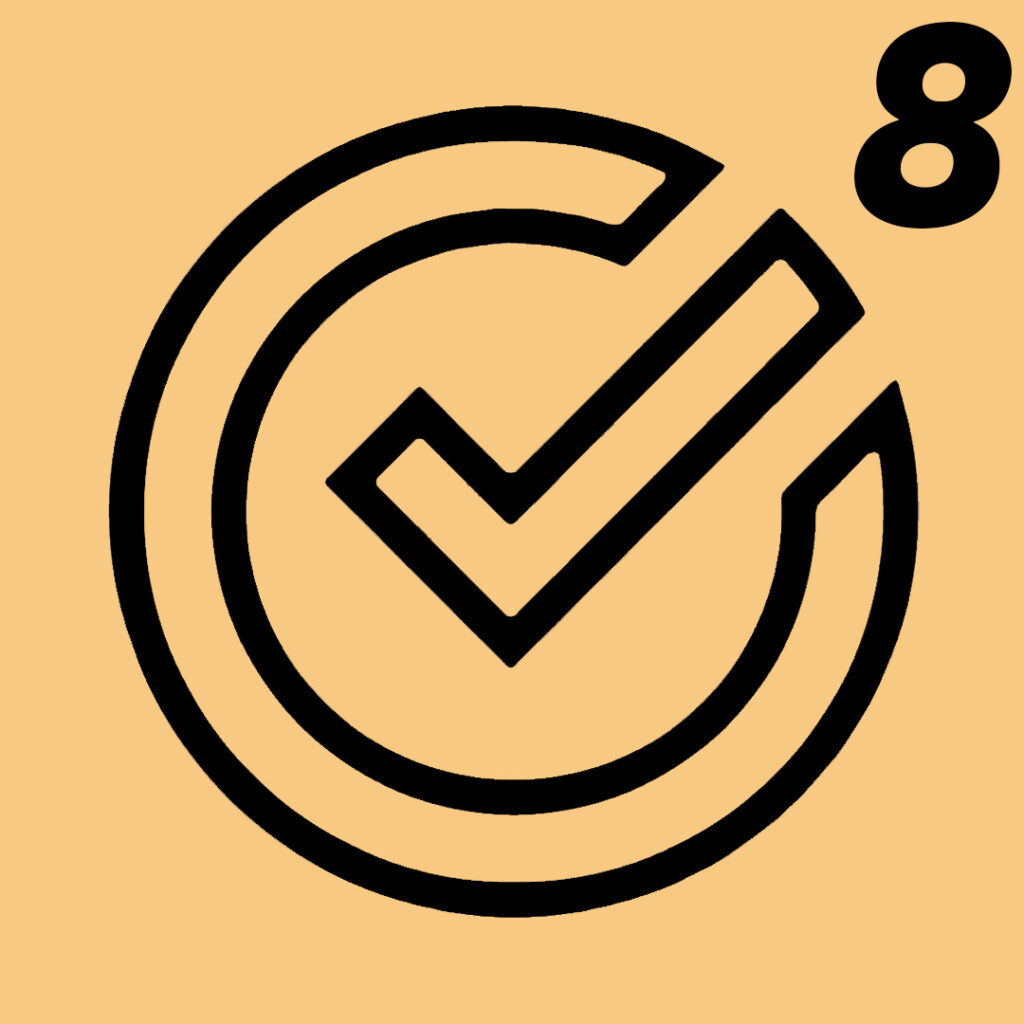
Stay abreast of efforts to improve or restrict local and state election laws. Commit to being a nonpartisan election observer in 2024. Sign up to be a poll worker to help your fellow Americans cast their votes.
Voting is our most cherished democratic right. Without it, there is no prospect for change, no method to hold our leaders accountable, and no real way for our values and vision to be represented in our institutions.
This most basic right is never guaranteed – so it must be championed, defended, and exercised to the fullest. Fight for elections to be fair, modern, and accessible; work to defeat bad policies that threaten the right to vote; and advocate for measures that protect voters’ rights.
More:
›› Become a Voting Rights Advocate

Recognize that politics is everywhere, whether we want it or not – and that we all are inherently political creatures, whether we want to be or not.
Despite the popular definition that causes such revulsion, politics is not just the narrow actions of Beltway insiders. Politics is our realm of public life. It’s where Americans of diverse backgrounds, ideals, and opinions work, directly or indirectly, to shape our society. We all participate in politics, whether we know it or not: What we buy, who we agree with, who we disagree with, our daily discussions, our donations and volunteer hours, every daily act that favors the common good or advances our interests – all of these are political acts.
Being political is not necessarily the same thing as being partisan. Politics, on the other hand, is worthy of our conscious reflection and – taken together with the reflection and actions of others – can build a framework for meaningful change.
More:
›› Partisan or nonpartisan, everything is political
›› 2020 Nebraska Civic Health Index: Political involvement in the state
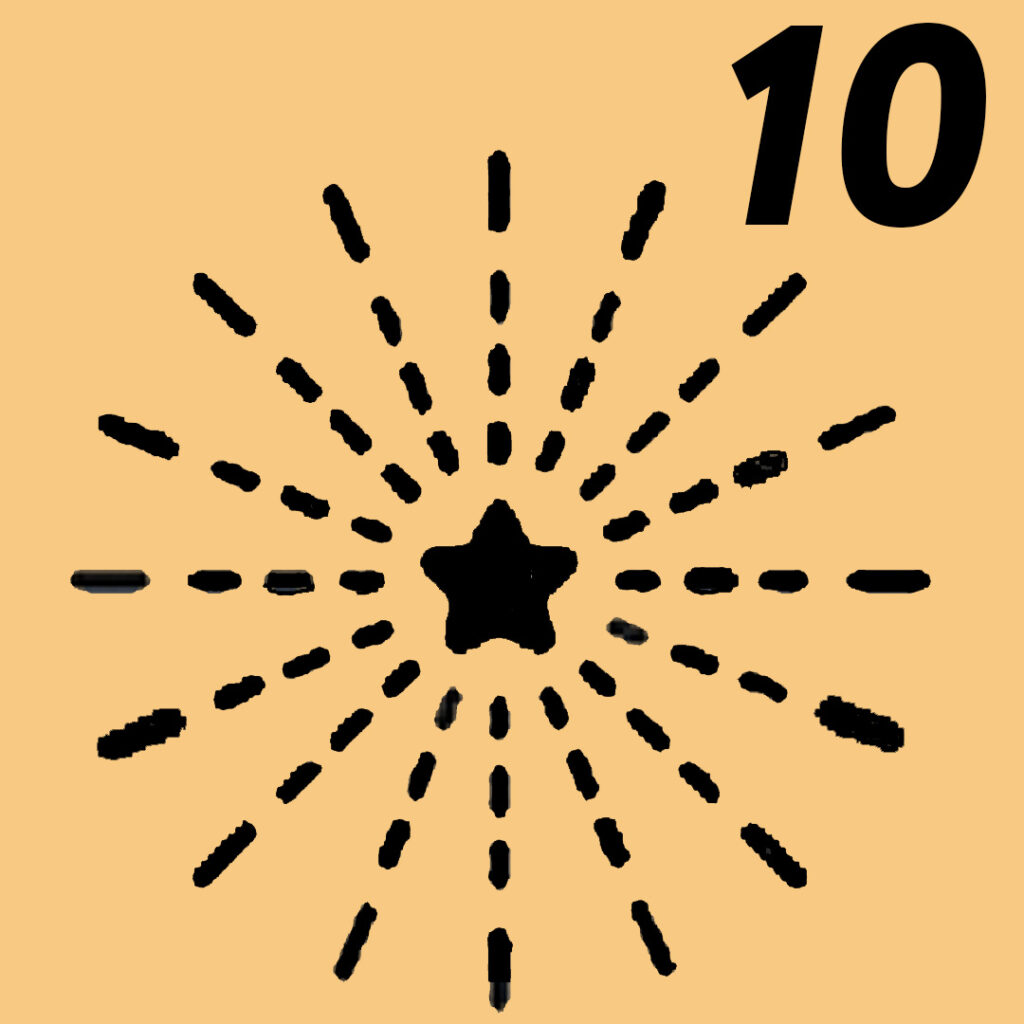
Be proud of our country. While symbols like flags, anthems, and national holidays are important markers of American culture, true patriotism involves active, loving participation and a commitment to the well-being and progress of the nation.
Patriotism, regardless of our politics, is an indispensable ingredient that strengthens our social bonds, solidifies our mutuality, and shapes our common purpose. Patriotism is necessary as we carry our democratic experiment forward. It also is not simple: Unlike most other nations, which forge their origins and ethos in a common language, culture, and ethnicity, the United States was created from a moral ideal. Patriotism entails more than symbolic displays of respect and loyalty – it is an action for which we are all responsible. In the words of Sen. Carl Schurz: My country, right or wrong; if right, to kept right; and if wrong, to be set right.
More:
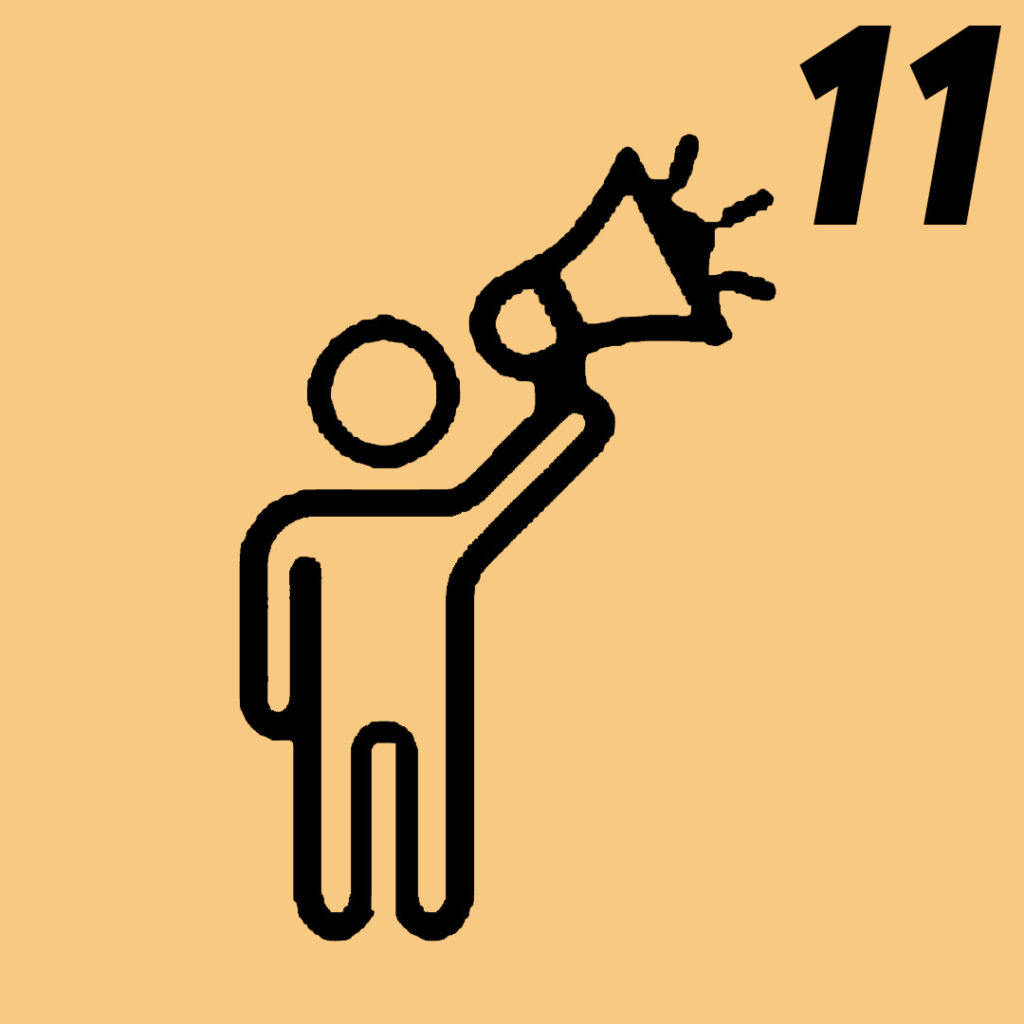
Use your voice. Speaking up and standing out can make conventional wisdom – and the status quo – crumble.
The dominant opinion in society is dominant for a reason. It’s formidable and self-justifying, especially in a world that rewards politeness-as-civility. We reward politeness and comfort and discourage aggression. Still, nowhere do we give the loudest or the most confident an absolute right to impose their worldview on the rest of us. Just as our founding document protects against pure majoritarian rule, it empowers us to not just go along with the crowd. It implores us to be individuals, to advocate for our beliefs, to summon the power of speaking up and standing out, and to inspire others to do the same. Our founding creed gives us the ability to participate with purpose – out in the open – to provide others an example of how to join in. Don’t be afraid to stand up for what you believe in, and speak truth to power.
More:
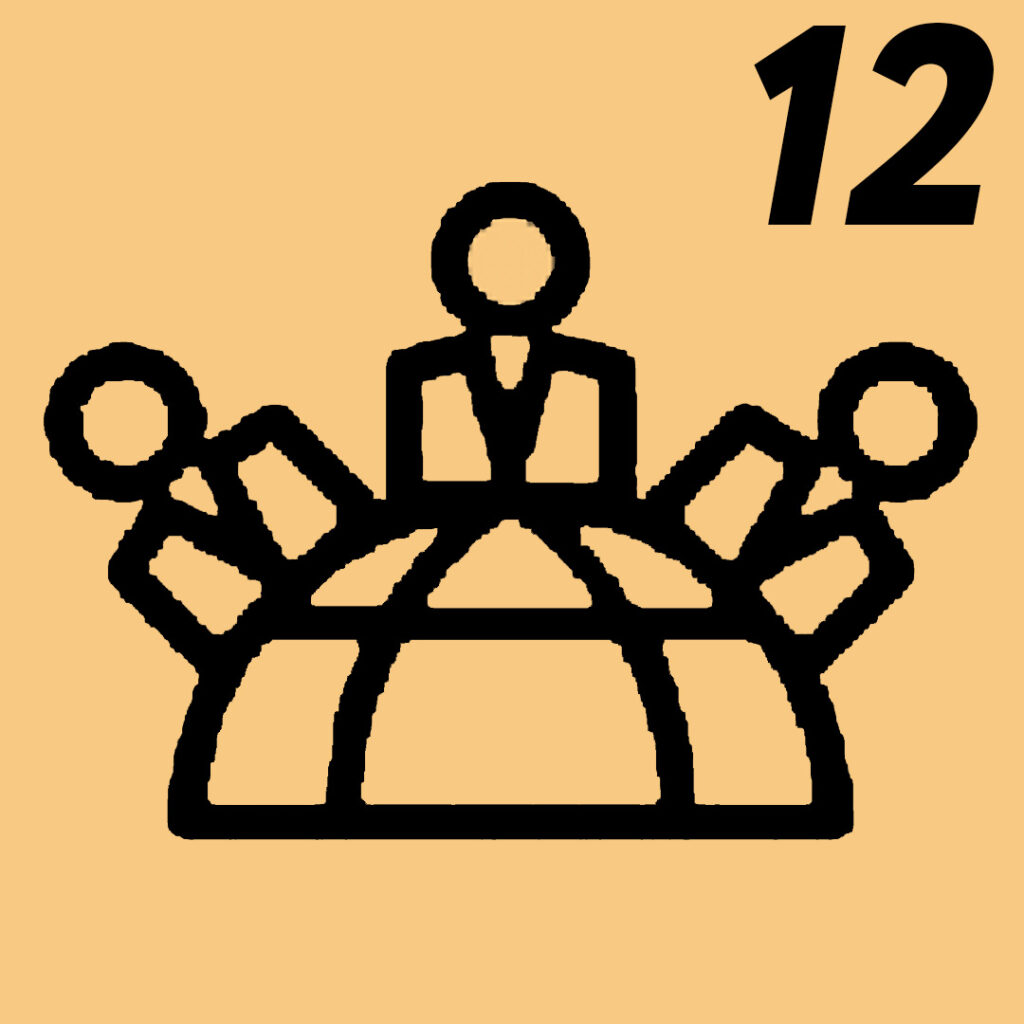
Be an ambassador for democratic ideals. Democracy works only if enough people believe democracy works. It is not enough to personally harbor hope and faith in our system of self-government. We must be loud and proud about it every single day.
In an election year, it’s easy to conflate democracy with political campaigns, many of which prey on cynicism and anger for votes. Yet, self-government goes well beyond elections. For centuries, Americans have created civic power out of nowhere by joining different causes to bring about change. Our high participation rates in our voluntary organizations, from the local to the national level, have been one secret ingredient. Another is our willingness to put democracy, with all its flaws and shortcomings, first – rather than sliding into the temptation of easy answers through autocracy or worse, authoritarianism.
Our democratic resilience isn’t derived from Congress or the Legislature, but from our relentless habit of constantly practicing it, all across the land. In 2024, spread faith in democracy – remind others that it’s the best system of government by far because it comes from us. Be relentless and unwavering in this stance, especially as the year and national campaigns progress.
More:
![]()

